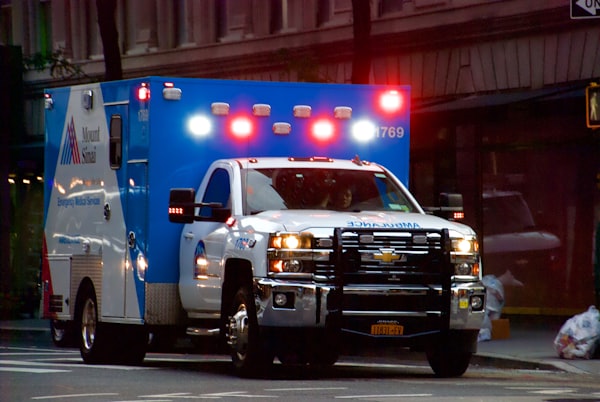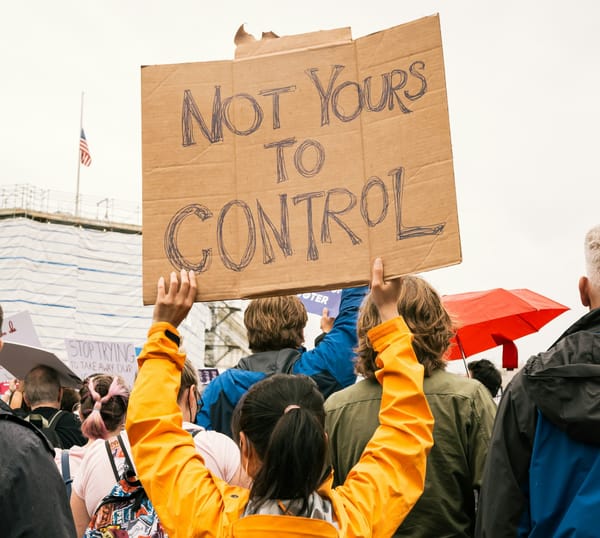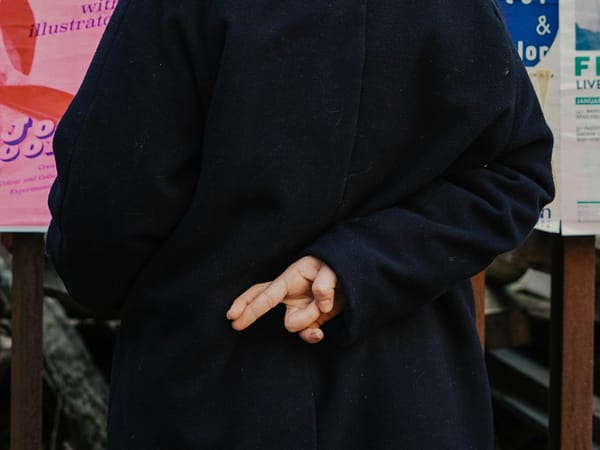Frozen Embryos Are Somehow 'Extrauterine Children' Living in 'Cryogenic Nurseries'
This horrifying Alabama news is a few days old now, but I can't stop thinking about the language used in the ruling.

On Friday, the Alabama Supreme Court ruled that couples whose embryos were accidentally destroyed at a medical facility could sue under the state's "wrongful death" statute. The decision could not only imperil in vitro fertilization (IVF)—and a big hospital system has paused procedures as of today—but it's a big step toward fetal personhood, the longstanding goal of the anti-abortion movement. Personhood would give every zygote, embryo, and blastocyst legal rights that, by definition, strip rights away from women and pregnant people and subject them to pregnancy criminalization.
Yes, this horrifying news is a few days old now, but I can't stop thinking about the language used in the ruling. The majority held that frozen embryos qualify as people in the eyes of the wrongful death law; they just exist outside the uterus and are thereby "extrauterine children."
That disturbing phrase appears 14 times in the ruling (and another three times in the dissent):

The ruling also refers to the fertility center's embryo storage room as a "cryogenic nursery" seven times, even though there's no evidence the facility itself calls it that.

Frozen embryos are stored in liquid nitrogen tanks—here's an example, below. Does that looks like a nursery to you?
Throughout Alabama, there is widespread shock, anger and confusion over how to proceed after the state Supreme Court ruled Friday that frozen embryos are people. https://t.co/gqDLuPzcsr
— The Washington Post (@washingtonpost) February 21, 2024
Yet somehow, the phrase "cryogenic nursery" has made it into a bunch of news stories about the case. You do not, under any circumstances, have to uncritically repeat personhood language from right-wing judges and lawmakers.
Meanwhile, as someone reminded me on Bluesky, this living, breathing baby—an extrauterine child, if you will—can't even get a birth certificate because he was born at home.
People who lose embryos due to neglect from medical centers are rightfully upset, but bringing cases under wrongful death statutes is indefensible because fertilized eggs are not people. By all means, sue them under different laws.
I think most of us know at least one person who needed IVF to build their family, and they may have varying views on abortion. But this ruling is only possible because the Supreme Court overturned Roe v. Wade and let states ban abortion. The Alabama decision cites Dobbs by name to say that "even as far back as the 18th century, the unborn were widely recognized as living persons with rights and interests." This debacle is yet another reminder that anti-abortion policies can harm anyone capable of pregnancy, and anyone who relies on fertility treatments.
Also:
- Flagging again that the University of Alabama at Birmingham health system has paused IVF procedures in the wake of the court decision.
- This ruling is already reverberating into other states. As I wrote for Jezebel, a Christian law firm asked the Florida Supreme Court on Monday to consider the Alabama case before it decides if an abortion ballot measure can go to voters this fall.
- Thank you for reading and subscribing as we navigate the rough waters of this hellscape together. All paid subscribers are first mates in my mind, and you can join the illustrious crew here.




